A strong earthquake struck Myanmar, shaking parts of Thailand and Vietnam. As a result, the tremors triggered chaos in aviation and tourism, forcing airlines to react swiftly. Cathay Pacific flights to Bangkok faced unexpected disruptions, significantly affecting passengers and travel plans. Moreover, the earthquake sent shockwaves through the region, raising concerns for upcoming holiday travel.
One of the most significant impacts was the diversion of Flight CX751. The aircraft, en route from Hong Kong to Bangkok, had to return mid-flight. It had already covered a significant distance when the airline decided to bring it back. Consequently, Cathay Pacific confirmed that other flights on the same route might also experience delays. Therefore, the airline is closely monitoring the situation to ensure passenger safety.
Similarly, another Cathay Pacific flight, CX630 from Singapore to Bangkok, faced a mid-air diversion. In response, the airline is offering flexibility to affected passengers. Travelers booked between March 28 and March 30 can reschedule their flights without extra charges. Meanwhile, other regional airlines have maintained normal operations but remain on high alert.
At the same time, Hong Kong-based tour groups in Thailand have been reported safe. Fortunately, local travel authorities are coordinating with guides to ensure travelers remain informed. However, Thailand’s tourism industry now faces uncertainty as Songkran, the Thai New Year, approaches. Consequently, hotels, tour operators, and embassies are working together to maintain guest safety and minimize cancellations.
Beyond aviation, the earthquake disrupted daily life in Bangkok. As a precaution, authorities declared the city a disaster zone after tremors caused infrastructure damage. In addition, several buildings swayed, metro services stopped, and businesses temporarily shut down. Because of these risks, emergency inspections are now being conducted to assess potential dangers.
Natural disasters like this earthquake highlight the growing need for real-time aviation monitoring. In today’s fast-paced environment, airlines must make critical decisions within minutes to ensure passenger safety. As a result, many travelers tracked their flights online, using aviation platforms to stay updated.
For those planning to visit Bangkok soon, staying informed is essential. In response, Cathay Pacific and other airlines continue to issue rolling updates. Additionally, travel agencies advise passengers to check hotel conditions and remain flexible with their plans. Although the immediate impact is logistical, the psychological effects may linger. Ultimately, aftershocks could determine how quickly tourism confidence rebounds.
Finally, Southeast Asia’s tourism sector faces yet another setback. The region is still recovering from recent disruptions, including the pandemic and extreme weather events. Now, Thailand must reassure visitors while prioritizing safety. Likewise, airlines and travel operators must refine crisis response strategies to maintain passenger trust.
Related stories:
Catch up on the top stories and travel deals by subscribing to our newsletter!

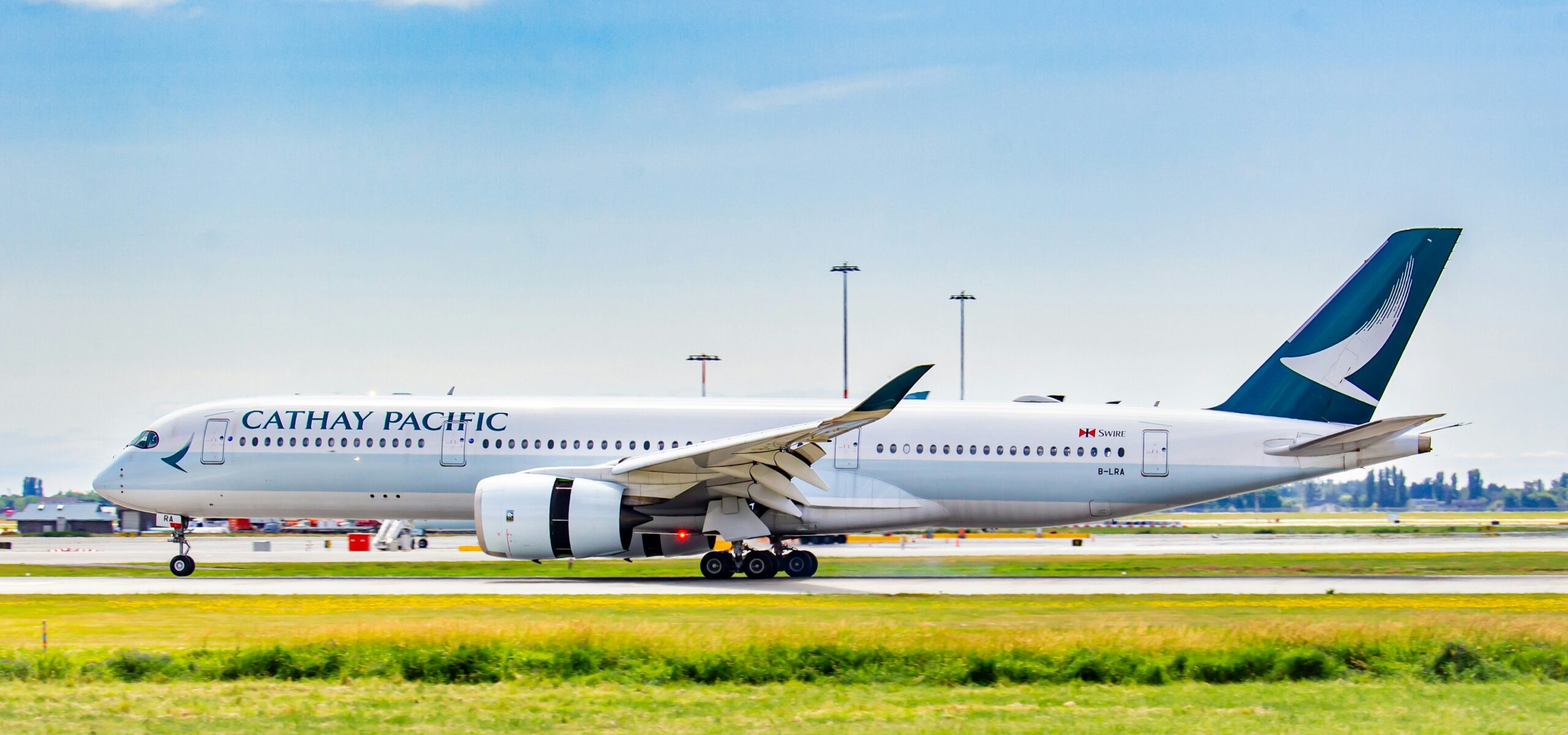

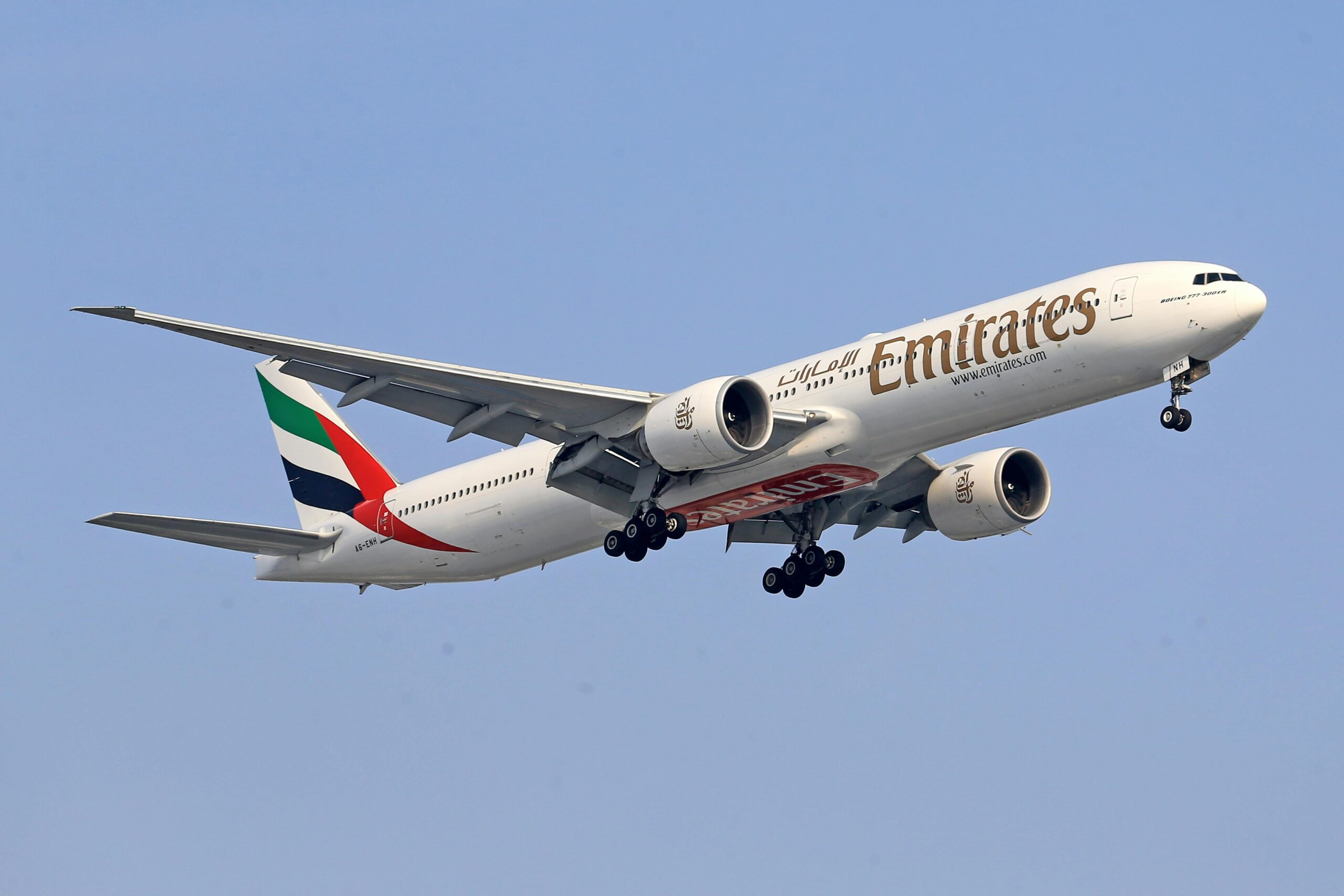
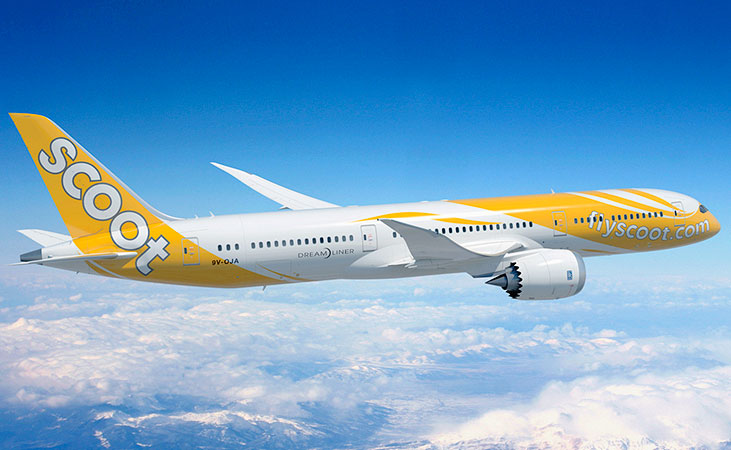
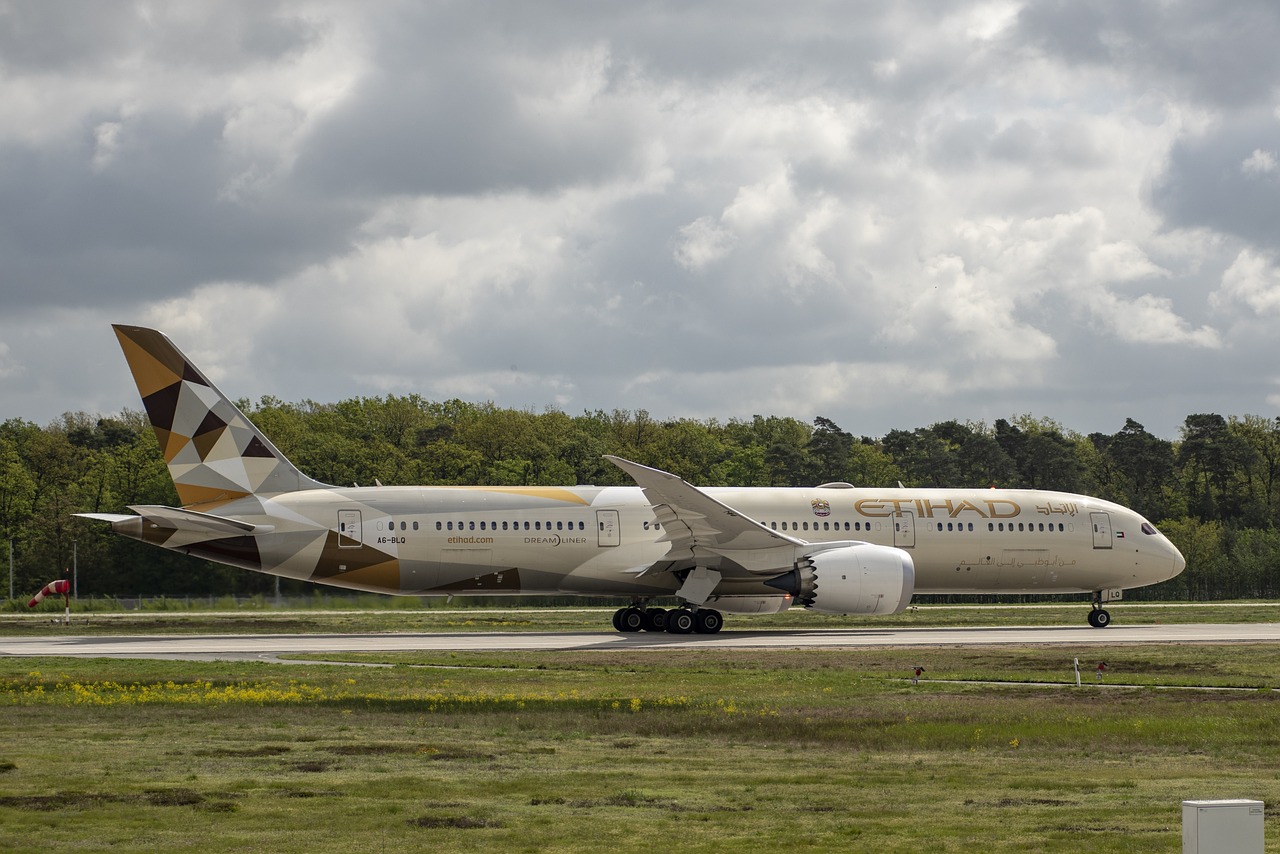
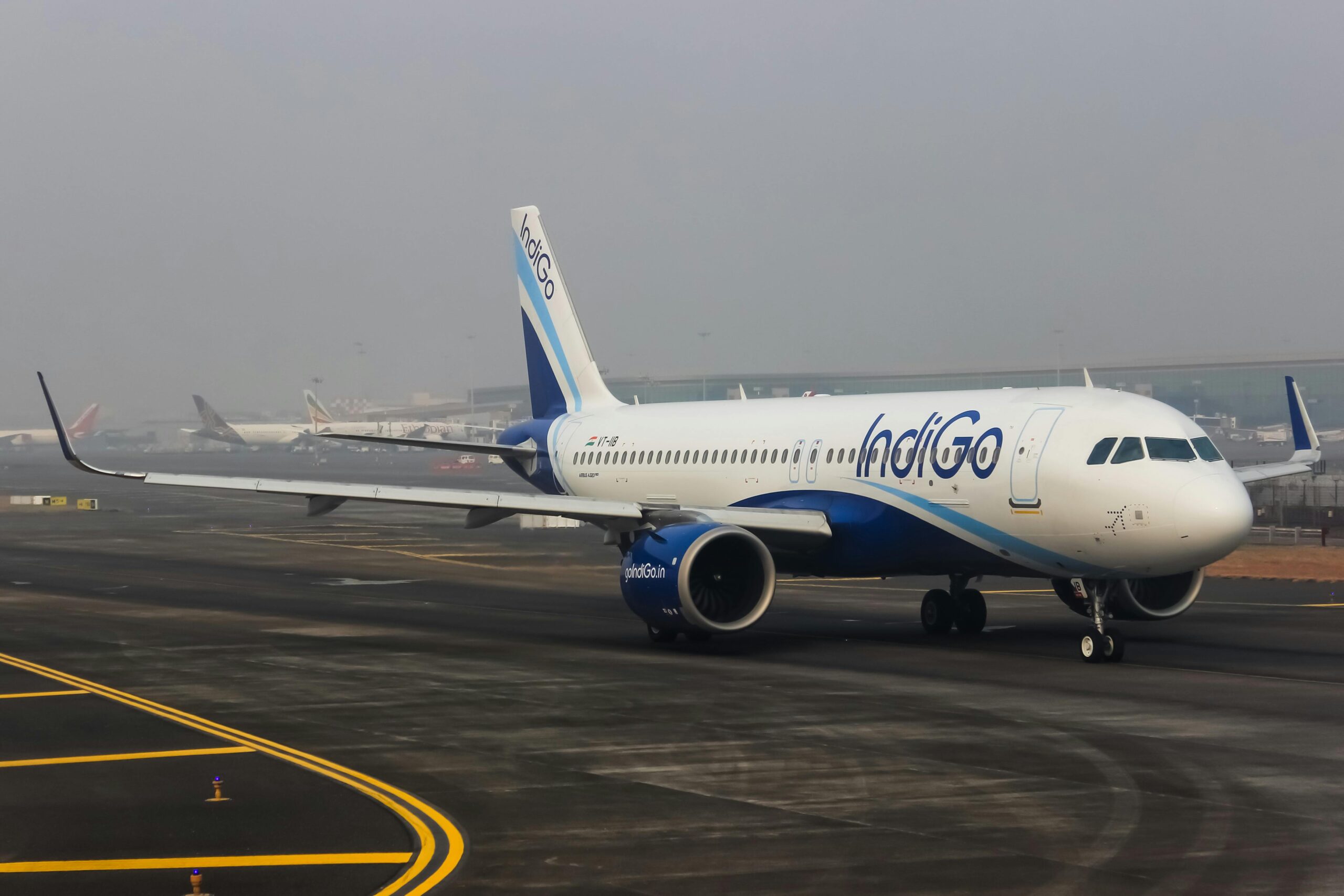
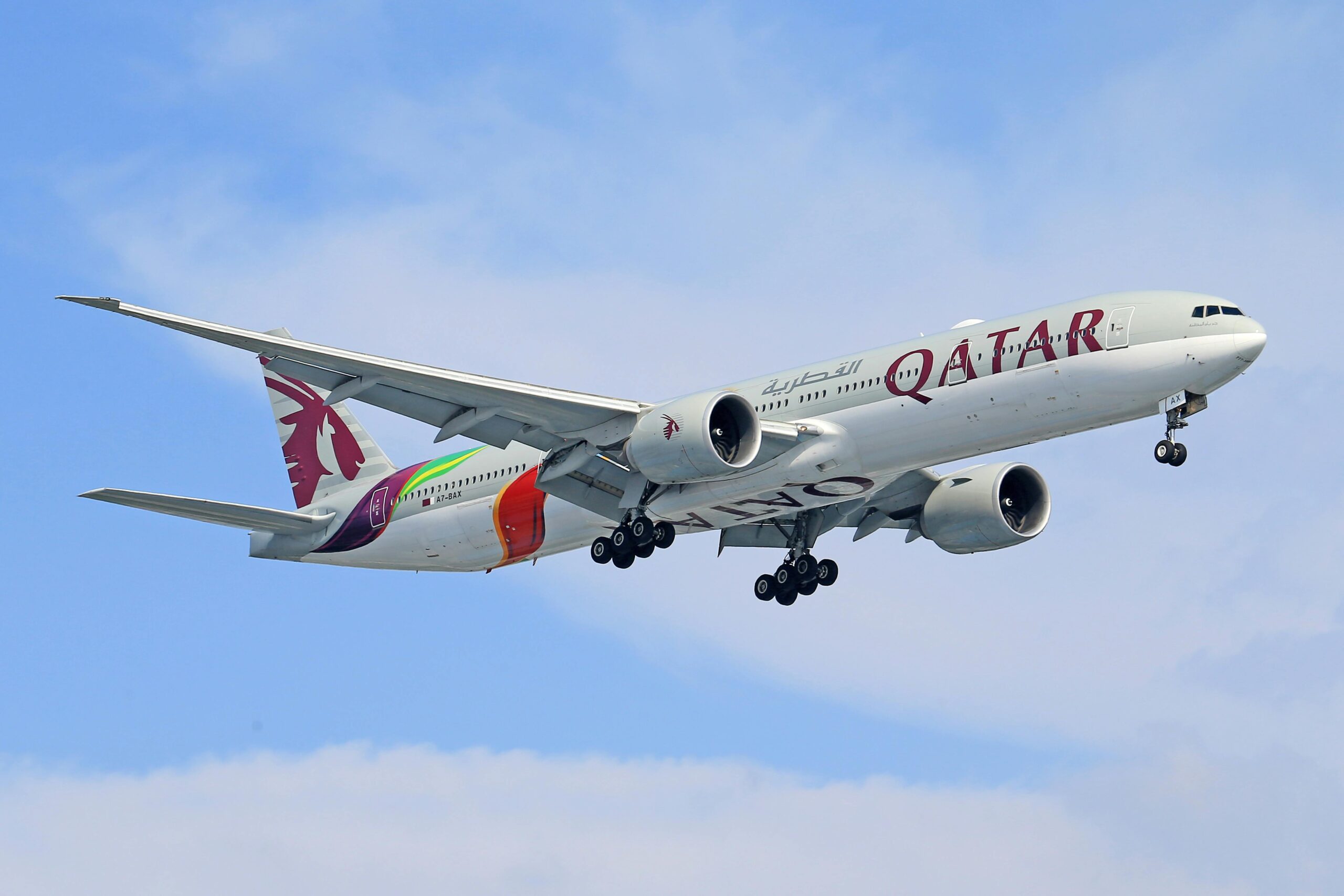




Leave a Reply